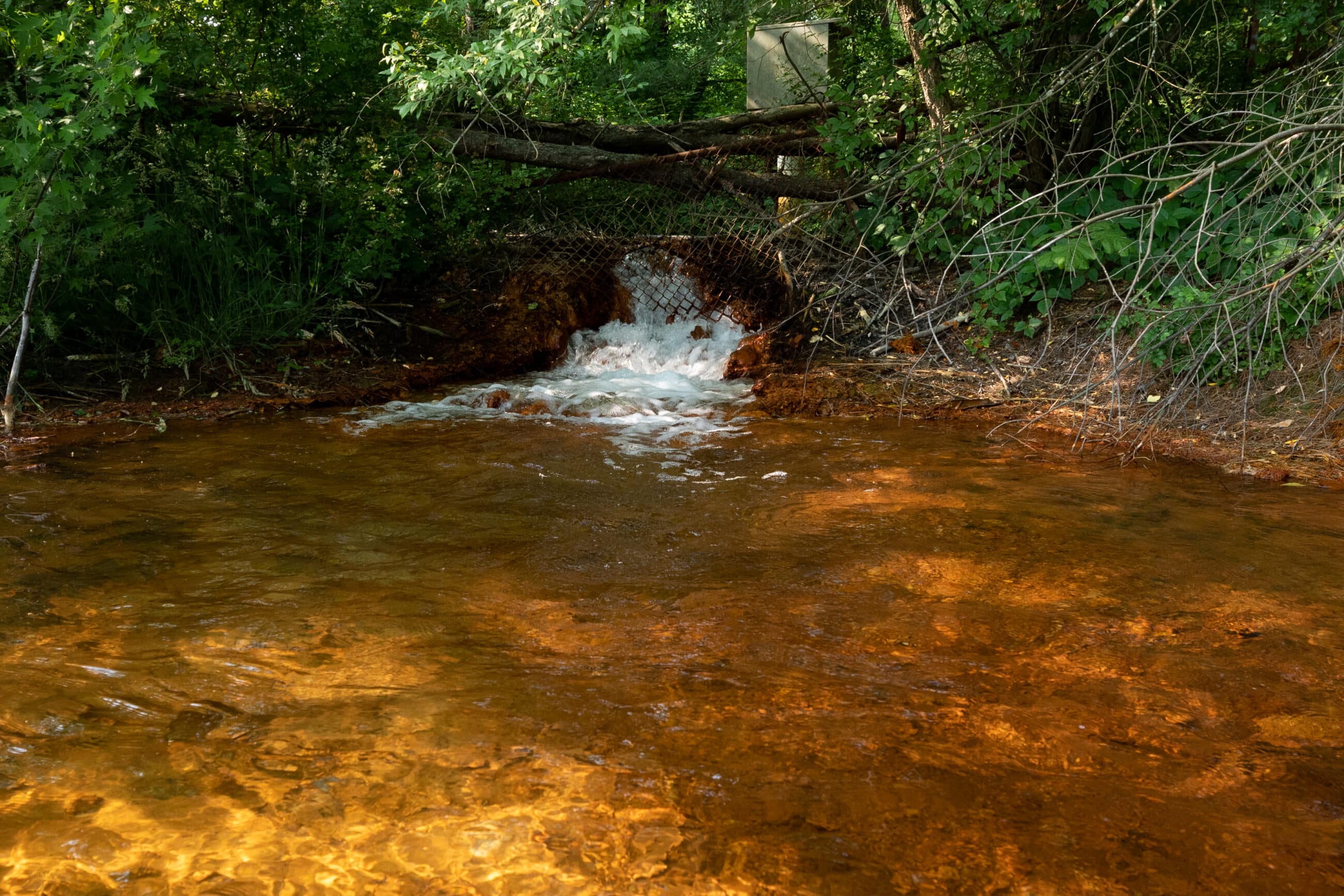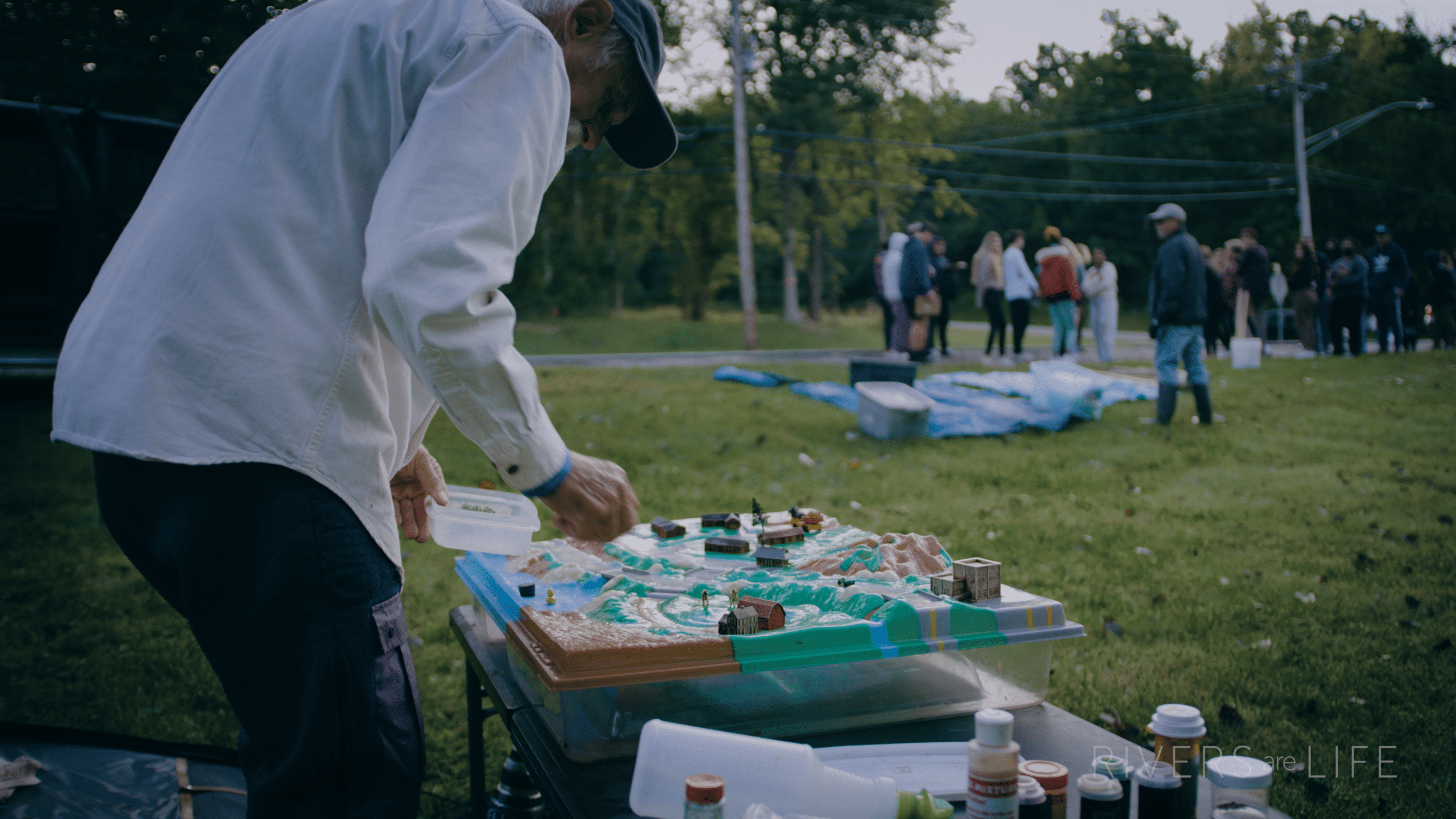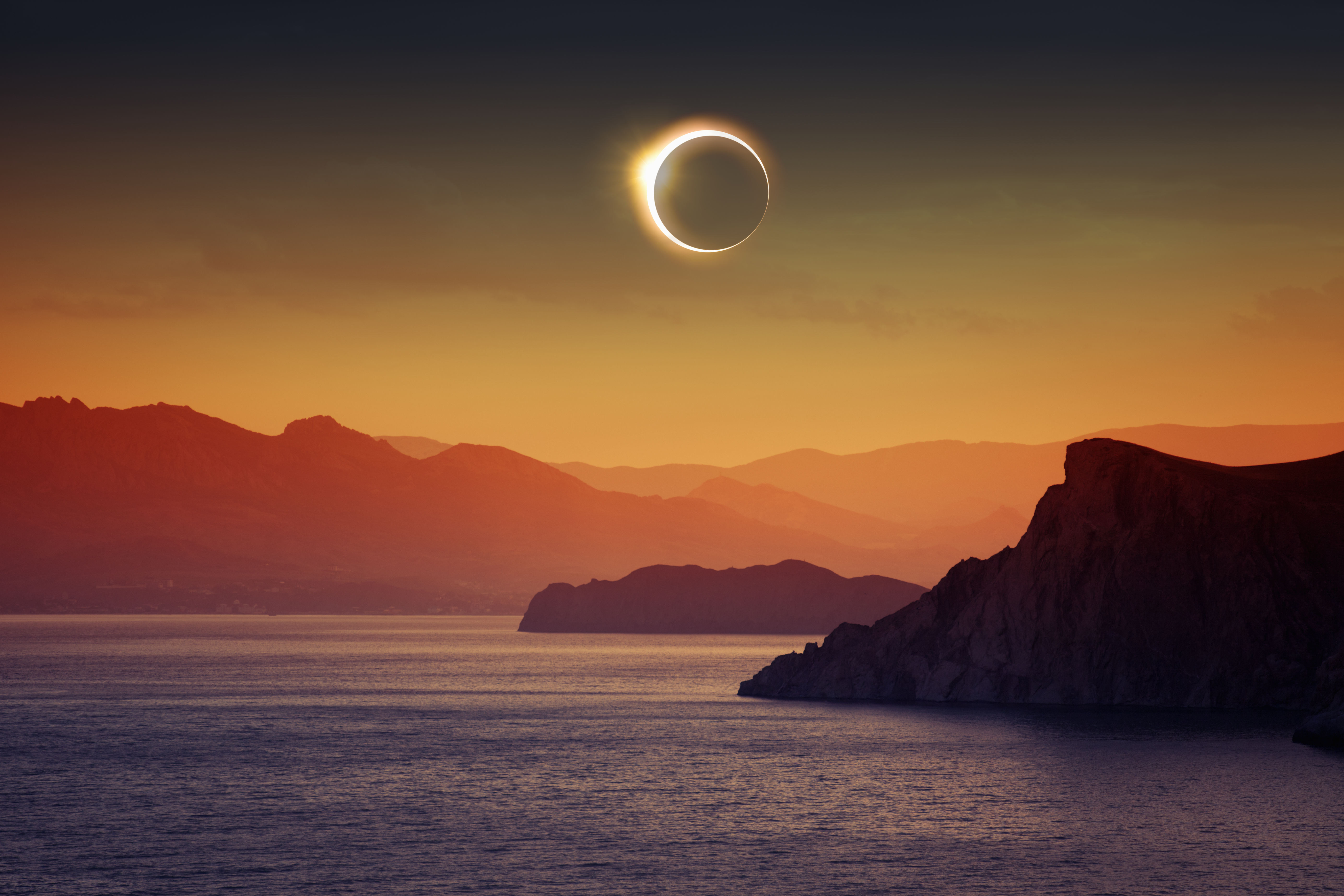Ensuring Clean Water: How Boreholes Sustain the Zambezi and Support Karoi, Zimbabwe
Sustaining the Zambezi
Rivers around the world are facing the effects of climate change. With lower water levels, the communities that rely on these rivers are forced to look for different options for clean water. Karoi, Zimbabwe, is one of those communities. But a type of well called boreholes offers one solution for providing people with access to reliable potable water.

The Zambia and its People
Stretching 1,600 miles through South Africa, the Zambezi (meaning “great river” in Tongan) River divides the countries of Zambia to the North and Zambezi to the South. The rivers and their wetlands are a major source of income for both countries, and the wetlands in particular host ecosystems that provide fresh water and fertile soils to millions of people. There are even some communities along the watershed that are only accessible by boat.
One city that lies close to the South of the river is Karoi. The people in and surrounding Karoi depend on the Zambezi river for clean water, farming, and electricity. The Kariba Dam is the world’s biggest man-made reservoir, and its electric station provides 70% of the power in the area.
But as the global climate has increased, water levels have fallen to record lows. The rains come when the winds shift to the East, but the rest of the time the area is subjected to the unrelenting hot sun, which increases evaporation and lowers the river. Until the necessary levels have been achieved, the electric station at the dam must remain closed. In the meantime, Karoi’s residents must wait for the electricity to come back on to get running water.
In a study addressing household water access in Karoi during the height of COVID-19, researchers found that 41% of the 150 surveyed households didn’t have taps indoors. Of the 59% who did have indoor taps, the taps were often dry.
Despite the rise in cost, the reliability of the water did not improve. Low-income households particularly struggle to meet increasing water tariffs, but regardless of whether the taps work, the residents are expected to pay. Unrepaired leaky pipes dating back to the colonial era contribute to water shortages as well.
Without functioning taps and electricity, families in Karoi must walk to the nearest water source.
How Boreholes Can Help
Regardless of their geography and income level, all people deserve access to clean water. But more than half of households in Karoi are outside the safe recommended distance from a water source (500 meters as established by ZINWA.) Households outside a manageable distance from a safe water source are more likely to opt for closer, untreated ones, which can expose them to water-borne diseases.
One solution is a well technology called boreholes. These structures are about six to eight inches around and 200 feet deep, and can be brought to any area in need. When fitted with a hand pump, they provide access to potable water from deep underground.
“Brother” Bill Evans leads Quench Ministries, a nonprofit that funds boreholes in the Karoi area. Together with Leonard Miaronda of Far and Away ministries, they provide water sources to rural communities.
Quench started in 2017, when Evans first learned about portable well technology and decided to combine it with his passion for helping others. After three years, he realized he needed to be able to go deeper into the ground with a tool that could get through hard quartz. He raised the money to go to Jinjja, Uganda, where the ministry drilled its first borehole well.
The ministry intentionally drills in a neutral area to provide as many people with free water as possible. It’s particularly important that there is no charge for any amount, as many households can’t access water due to high costs.
Boreholes are an important technology, but it’s not enough to simply build them. Of the 21 boreholes recently charted, only five were functional. These structures have to be maintained and repaired. That’s why it’s so important that Quench and Far and Away not only build boreholes, but repairs old ones as well.

Impact of Water Access on Communities
The importance of clean water in a community cannot be overstated. In addition to meeting the basic human need of hydration and food, water sources have been extremely influential to cultural beliefs throughout history. Not only do they improve individual quality of life, but reliable access to clean water also decreases social tensions by providing a shared resource. Quench and Far and Away have witnessed communities grow stronger around the boreholes they’ve installed.
Having clean water sources like boreholes helps combat the stress of water insecurity. Without access to clean water, children have a difficult time focusing on schoolwork. The distraction is even worse for girls, who are most often given the task. Water insecurity also contributes to psychosocial stress, making it harder for folks to maintain positive connections within their communities. A study conducted on women in Ethiopia also showed a connection between water insecurity and psychological distress.
Zimbabwe is in the medium high baseline in the national water stress rankings, and water conflict take a toll on all communities involved. Boreholes provide not only access to clean water but also a gathering space where folks can enjoy the bounty together.
As of 2023, Quench Ministries has funded 11 new boreholes, shortening the trek to clean water and connecting people throughout rural Karoi.

Looking Forward
While boreholes do experience interruptions and don’t always provide the highest quality of water, the ministries' work is worth doing. So far, the ministries have funded the installation of 11 boreholes and repaired several old ones, providing thousands of people with access to clean water.
Unicef estimates that 700 million people could be displaced by intense water scarcity by 2030.
No one should have to leave their homeland to find a reliable source of fresh water. We need to keep fighting climate change to help sustain the Zambezi and support the people of Karoi. In the meantime, boreholes can help bridge the gap to provide communities with local, accessible, and free clean water.
Share this
You May Also Like
These Related Stories

Eco-Friendly Art: Painting Sustainably

The Importance of Education for River Conservation



